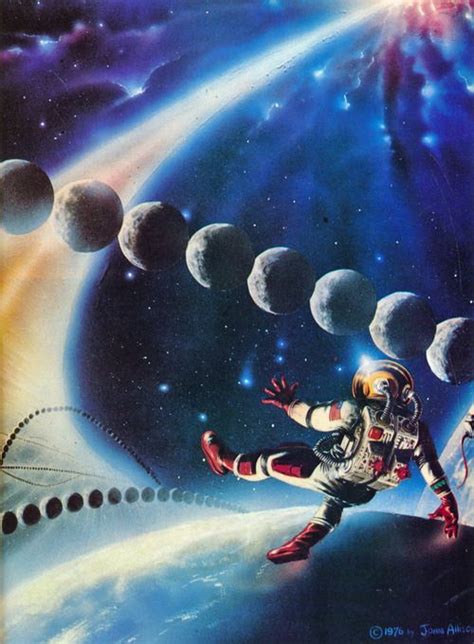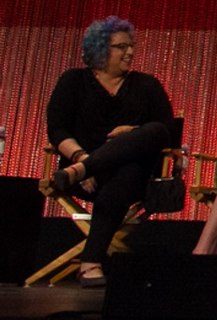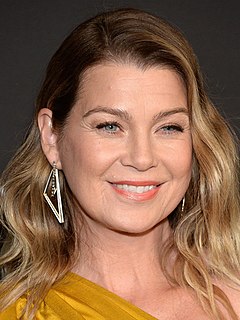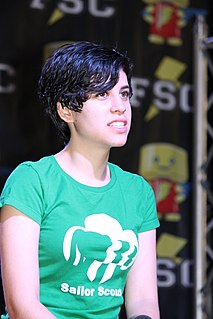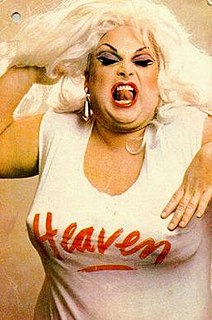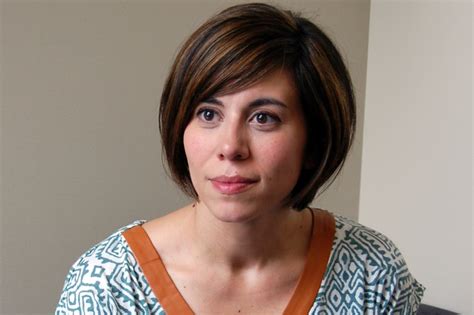A Quote by John Allison
I never set out to be the man who writes a lot of female characters.
Quote Topics
Related Quotes
At the end of the day I have many answers for it. It has to do with my mom, who was an extraordinary woman, and a great feminist. It has to do with the people in my life. It has to do with a lot of different things, but -- I don't know! Because I'm not just writing from the female characters for other people. I have a desire to see them in our culture -- that was not met for most of my childhood. Except occasionally by James Cameron. [From the 2011 San Diego Comic Con, in response to being asked why he writes strong female characters.]
My whole theory about why I couldn’t find any creators who realized they were leaving out female characters is because they were raised on the same ratio. I just heard someone the other day call it either ‘smurfing’ a movie, which is when there’s one female character, or ‘minioning’ a movie, which is when there’s no female characters.
I think the superhero platform gives the female character, you know, a relate-ability for the male audience as well. So, I think that's why people are kinda gravitating towards female super hero characters, and also female characters in general as big parts of the film. So, that's great for us, female actors who want to do roles like that, which is really great.
Greg Rucka always writes lovely, believable female characters in books like 'Whiteout,' 'Queen and Country,' and 'Lazarus.' I am a fan of Kelly Sue DeConnick, who does a wonderful female lead in 'Captain Marvel.' And DC's 'Batwoman' is currently the only book at the Big Two with a lesbian solo lead character, and it's always outstanding.
To me, feminism in literature deals with the female characters being in some way central to the thematic concerns of the book, or that they are agents of change to some degree. In other words, the lens is focused deeply and intensely on the female characters and doesn't waver, which allows for a glimpse into the rich inner lives of the characters.
I'm drawn to female characters, not all of them are strong characters. I think I'm drawn to female characters partly because they don't have as easy or as obvious a relationship to power in society, and so they suffer under social constraints or have to maneuver within them in ways men sometimes don't, or are unconscious about, or have certain liberties that are invisible to them.
